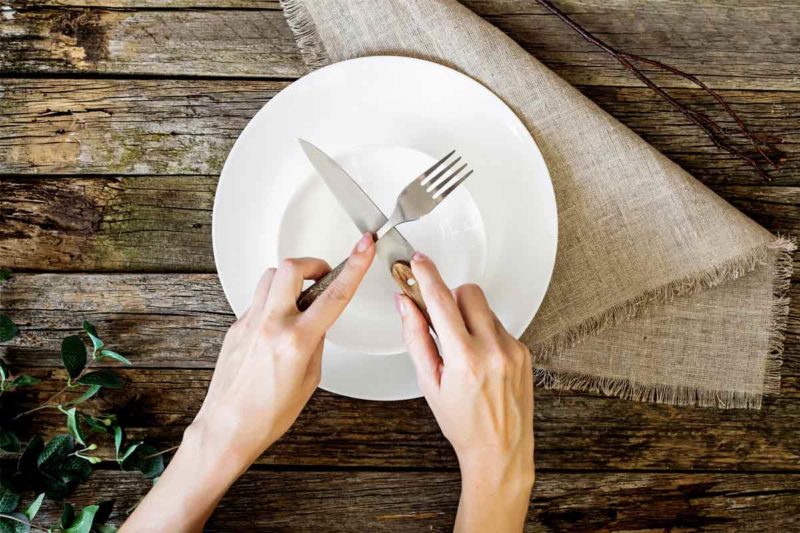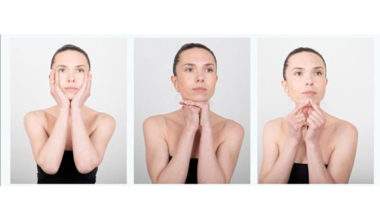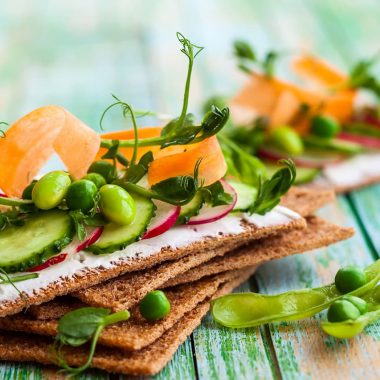For most people, fasting remains a novelty, for others, a lived experience and for others still, an unappealing idea. So, should we fast or not? Before deciding, let’s take stock.
What is fasting?
By definition, fasting means “to deprive oneself of or be deprived of food”. In any case, fasting means not eating any solid food and only consuming liquids, mostly water, herbal teas, and vegetable or fruit juices, depending on the diet observed. The aim is to give the body a break, without risking dehydration. Fasting can last from 24 hours to several days. But before starting, you should seek advice from your doctor or naturopath. You should not start this type of diet when you’re run down.
Is fasting for everyone?
Fasting is absolutely forbidden for pregnant women, people with kidney failure, heart disease, diabetics, people with infectious diseases or those on medical treatment (as fasting means not taking medication), people with severe eating disorders or otherwise (this diet risks disturbing the eating behaviour of a person already suffering from this type of disorder), psychologically depressed people, and immunocompromised people.
The contraindication is relative and temporary for people in convalescence or those who are run down, those who have high energy needs due to very demanding physical work, and athletes (the real ones!). All of the above should refrain from fasting at this point in their lives. They should wait until they have recovered and their energy levels are normal before considering it.
In all the above cases, we must first ensure that the liver is in optimal condition (it should be pampered with a healthy diet: more alkaline than acidic because fasting leads to temporary acidification), and that our bodies are properly hydrated. We can give our liver a daily boost with a hot water bottle (to support it, particularly in winter). It is also important to ensure good breathing (yes, this can always be worked on!) and good physical fitness, with daily exercise (the more muscular you are, the less fasting will affect it).
Why is fasting good?
Fasting encourages the body to draw on its reserves and get rid of what it doesn’t need. A sort of inner bonfire, this practice allows for the consumption of excess sugars and fats, while preserving the right resources and reserves.
But be careful…
Fasting can sometimes trigger violent reactions such as nausea, vomiting, diarrhoea, rashes and migraines. This is because the body has started to clean up its act, and this isn’t always a gentle process. That’s why it’s so important to be accompanied during this period of major detoxification: only a health professional will be able to tell you if this is a temporary reaction, related to the drainage of the liver, or if it is a disproportionate reaction, a sign that your body has over-exerted itself and that the cleanse should be abandoned.
Fast, but with support
It is possible to fast alone at home, ensuring you get proper rest during the cleanse, but (and we repeat!) it is essential that you consult a health professional before, during and after. In an ideal, perhaps even luxury scenario, you would start during a detox or a group retreat, but again, making sure to carefully select the place and the staff accompanying you. The organiser should first get you to fill in a health questionnaire and organise an interview with you to learn about your background, get to know your lifestyle, and find out what your motivations are.
Intermittent fasting… is it lighter?
Intermittent fasting is a very in vogue way of cleansing and purifying the body. It is based on the same principle as traditional fasting, which can be done for 1 or more days, but is limited to a 12- to 16-hour period of food deprivation. In concrete terms, it’s like skipping a meal, but consciously—not because you’re sitting at your desk with your nose in your screen— while ensuring you eat a good, clean and balanced diet the rest of the time. You can have dinner and then go straight to lunch (skipping breakfast) the next day. By depriving yourself of a meal, your body will first start to systematically draw on its sugar reserves. These are found in the blood and liver. In the case of a longer-term fast, the body will draw on its fat reserves (from 2 or 3 days of fasting onwards, depending on your metabolic rate). If your lifestyle makes it easier to skip dinner, you can have a snack around 5 p.m., making your next meal breakfast. However, you should continue to hydrate! Intermittent fasting can be practised over the course of one week if you want to lose weight, or regularly, once a week, if you feel you are seeing and improvement in your digestive comfort and overall well-being.
The mono diet: a gentle fast
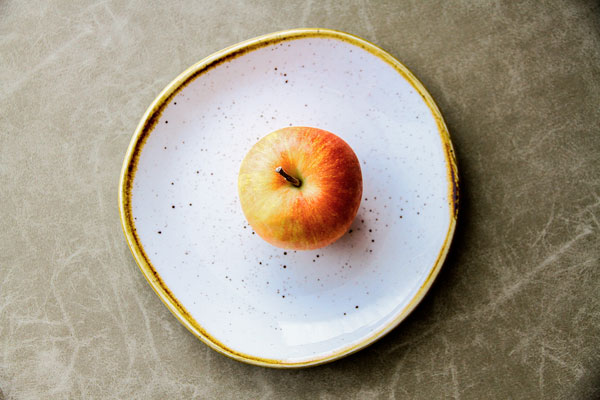
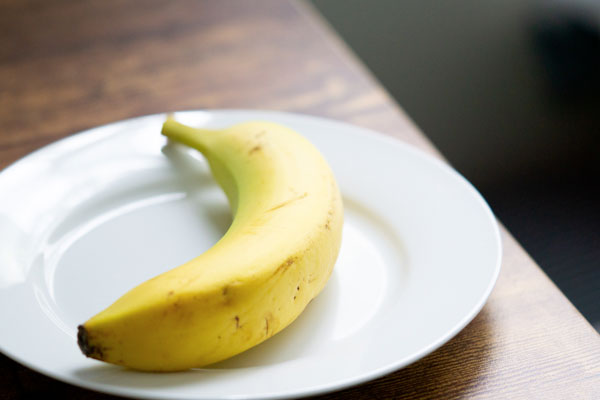
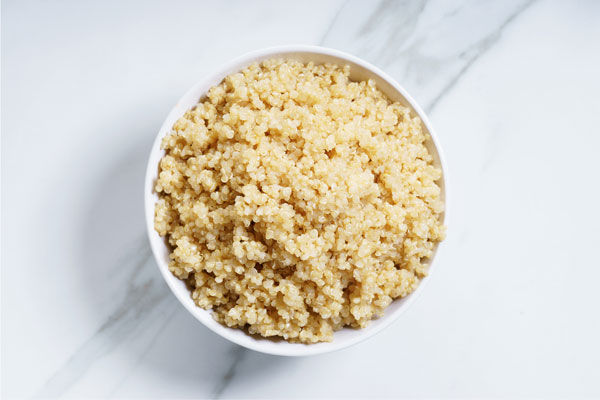
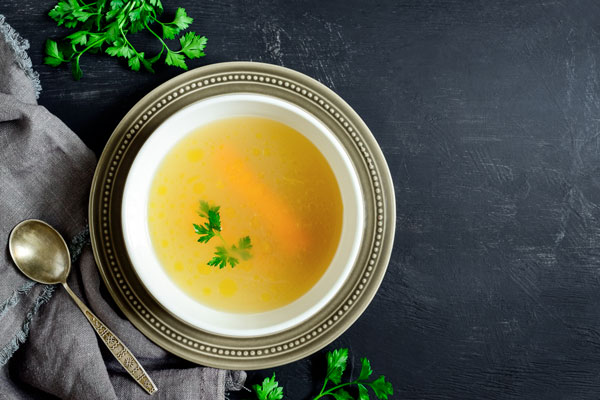
This is probably the ideal solution for a gentler diet. The principle is simple: you eat only one food or group of foods for one or more days. It is a fast by another name, but has many advantages, starting with the fact that it gradually familiarises you with the concept of excluding foods. It also acts as psychological preparation for when you consider a “real” fast one day! The physiological advantage of the mono diet? It gives the digestive system a long-deserved break. By concentrating on a single food, the digestive process is easier, less time-consuming and less tiring. Mono-dieting is beneficial from an energy perspective (it restores energy levels), and from a digestive perspective (it boosts digestion in the long term), and it also increases concentration and eliminates feelings of heaviness and the post-meal slump.
We concentrate on one food or food group, such as one or more fruits (apple, banana, or both); a cereal, such as buckwheat, rice, or quinoa (or both, alternately); one or more cooked vegetables, broth or vegetable juice. Eating cold foods is not recommended, since room temperature aids digestion. The contraindications are the same as for fasting, even though the mono diet is less demanding.
So in conclusion, we say yes to fasting! It is perfect for cleansing our bodies, but it should never be done lightly, and always after consulting with a health professional. More reasonable, mono-dieting and intermittent fasting are two gentler approaches to clean eating. But whatever method you choose, the most important thing is to try and eat well every day, all year round (healthy, seasonal, local, raw, organic)… and to enjoy it!


